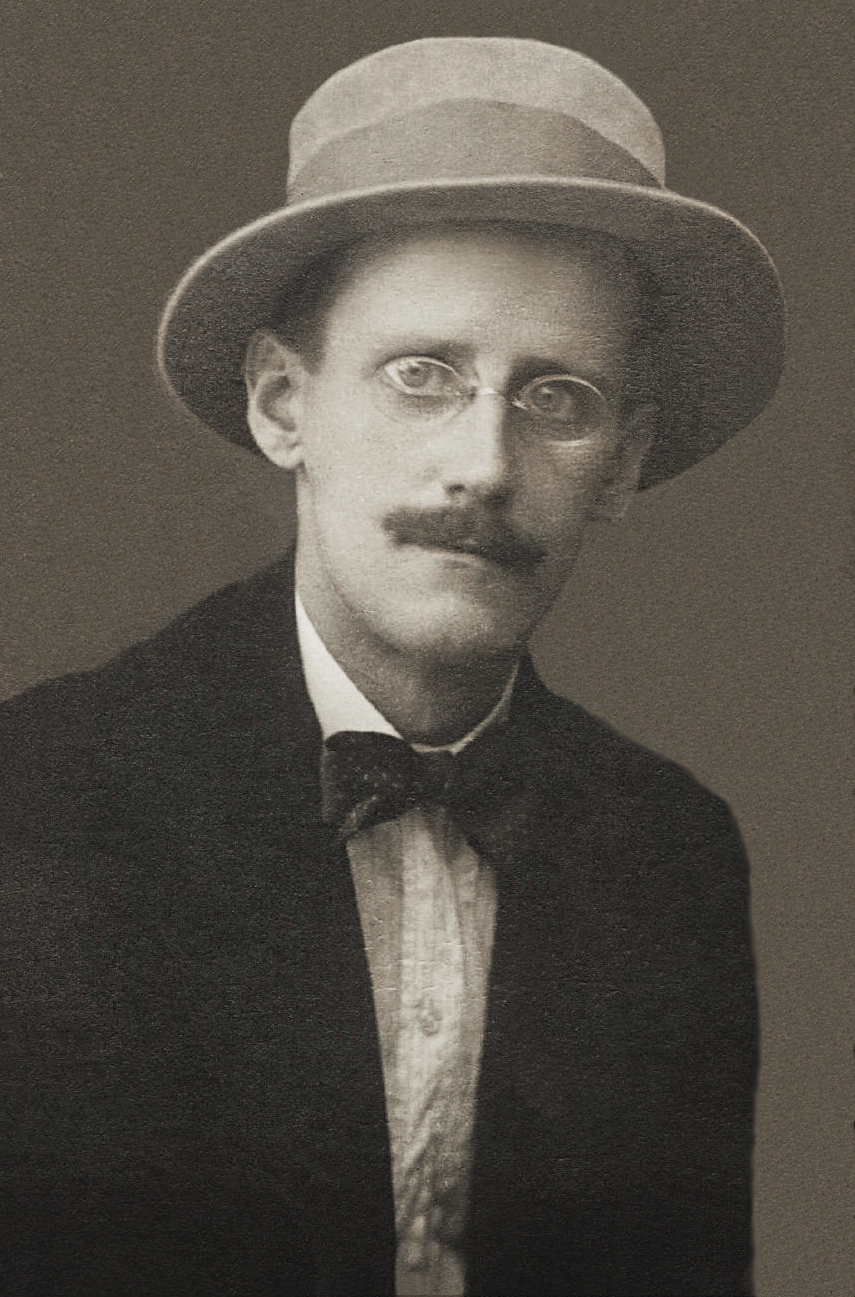Skip recommendations
 }}
}}
In legal discourse, an author is the creator of an original work that has been published, whether that work exists in written, graphic, visual, or recorded form. The act of creating such a work is called authorship, which means a sculptor, painter, or composer is considered the author of their respective sculptures, paintings, or musical compositions. Although in common usage, the term "author" is often associated specifically with the writer of a book, article, play, or other written work. In cases involving a work for hire, the employer or commissioning party is legally considered the author of the work, even if it was created by someone else.
Typically, the first owner of a copyright is the creator of the copyrighted work, i.e., the author. If more than one person created the work, then joint authorship has taken place. Copyright law differs around the world. The United States Copyright Office, for example, defines copyright as "a form of protection provided by the laws of the United States (title 17, U.S. Code) to authors of 'original works of authorship.
Some works are considered to be author-less, or are anonymously or secretly authored. The monkey selfie copyright dispute in the 2010s was a notable dispute of authorship involving photographs taken by Celebes crested macaques using equipment belonging to a nature photographer. The photographer asserted authorship of the photographs, which the United States Copyright Office denied, stating: "To qualify as a work of 'authorship' a work must be created by a human being." The development of generative artificial intelligence has led to discourse regarding authorship of the media it generates. Provided by Wikipedia
Author
 }}
}}In legal discourse, an author is the creator of an original work that has been published, whether that work exists in written, graphic, visual, or recorded form. The act of creating such a work is called authorship, which means a sculptor, painter, or composer is considered the author of their respective sculptures, paintings, or musical compositions. Although in common usage, the term "author" is often associated specifically with the writer of a book, article, play, or other written work. In cases involving a work for hire, the employer or commissioning party is legally considered the author of the work, even if it was created by someone else.
Typically, the first owner of a copyright is the creator of the copyrighted work, i.e., the author. If more than one person created the work, then joint authorship has taken place. Copyright law differs around the world. The United States Copyright Office, for example, defines copyright as "a form of protection provided by the laws of the United States (title 17, U.S. Code) to authors of 'original works of authorship.
Some works are considered to be author-less, or are anonymously or secretly authored. The monkey selfie copyright dispute in the 2010s was a notable dispute of authorship involving photographs taken by Celebes crested macaques using equipment belonging to a nature photographer. The photographer asserted authorship of the photographs, which the United States Copyright Office denied, stating: "To qualify as a work of 'authorship' a work must be created by a human being." The development of generative artificial intelligence has led to discourse regarding authorship of the media it generates. Provided by Wikipedia
-
1
-
2by Ortiz, Lisa“…Authors: Lisa Ortiz and Denis O'Hara --…”
Published 2021
Texto completo
Electronic eBook -
3
-
4
-
5Published 2021“…Authors: Luca Moretti and Nikolaj Jang Lee Linding Pedersen --…”
Texto completo
Electronic eBook -
6
-
7
-
8
-
9
-
10
-
11
-
12
-
13“…Authors Dominika Skrzypek, Alicja Piotrowska, and Rafał Jaworski --…”
Texto completo
Electronic eBook -
14
-
15
-
16“…Authors Dominika Skrzypek, Alicja Piotrowska, and Rafał Jaworski --…”
Texto completo
Electronic eBook -
17Published 2020“…Ludovica Eugenio -- Back Matter -- Index of Premodern Sources -- Index of Modern Authors -- Index of Places.…”
Texto completo
Electronic eBook -
18
-
19
-
20




